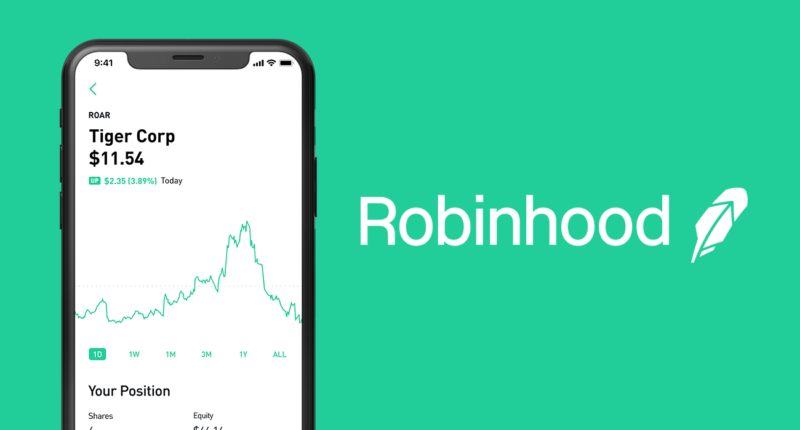Robinhood just can’t seem to catch a break as the app went down yet again, on what was arguably one of the worst days for the stock market in recent history. The app went down just like it did almost a week ago, but the circumstances were very different. Last time, Robinhood went down at the worst time possible as stock market blossomed like a flower, costing every Robinhood user a piece of the action who were very vocal about how they felt. Robinhood said that they would recuperate losses to individuals on a ‘per case’ basis.
However, this time around, Robinhood sneakily picked a day where no one wanted to touch the stock market, as S&P saw a decline of 7%, causing a circuit break. Functionality on the app was partially restored after an hour of outage, a tweet from the company assured.
Stock market took a giant hit, causing a ‘circuit break’ to preclude the possibility of a total market rout. Right of the bat, opening stocks fell like drops of rain, with Dow Jones Industrial Average down 872.42 , the S&P 500 slipping 193.41 , and the Nasdaq off 90.16 or 6.96% at 1,205.58 to start the day. By the time S&P dropped to an alarming 7%, a 15 minute halt was put on trading. These circuit breaks are implemented at different checkpoints, depending on how much S&P has suffered, the first one being activated at 7%, second one at 13% and the last at 20%.
Falling stocks were a result of flat-lining of various economies, as the Japanese stock market fell around 5%, Chinese stocks on the Shanghai index fell 3%, Australian stocks were off over 7%, South Korean stocks fell by over 4% and London and FTSE fell down by over 7%. India’s stock markets, a country which is relatively less affected with coronavirus, continued to see some of the largest single day fall even today.
Other indicators of a weakening global economy were falling prices of oil and dropping prices of cryptocurrencies (Bitcoin was down below $8,000) among others.
This has been expected from some time as the coronavirus outbreak has caused a major alarm and significantly affected the global supply chain. And this supply chain’s over dependence on China isn’t helping either. Companies with their roots in China like Alibaba are already expecting lower revenues in first quarter of 2020. It might not be outside the realm of possibility to expect more ‘down’ days in the upcoming weeks, as the companies suffer with their supply chains(also, you would be better off expecting Robinhood to crash some more as the market fluctuates, just a heads up).





